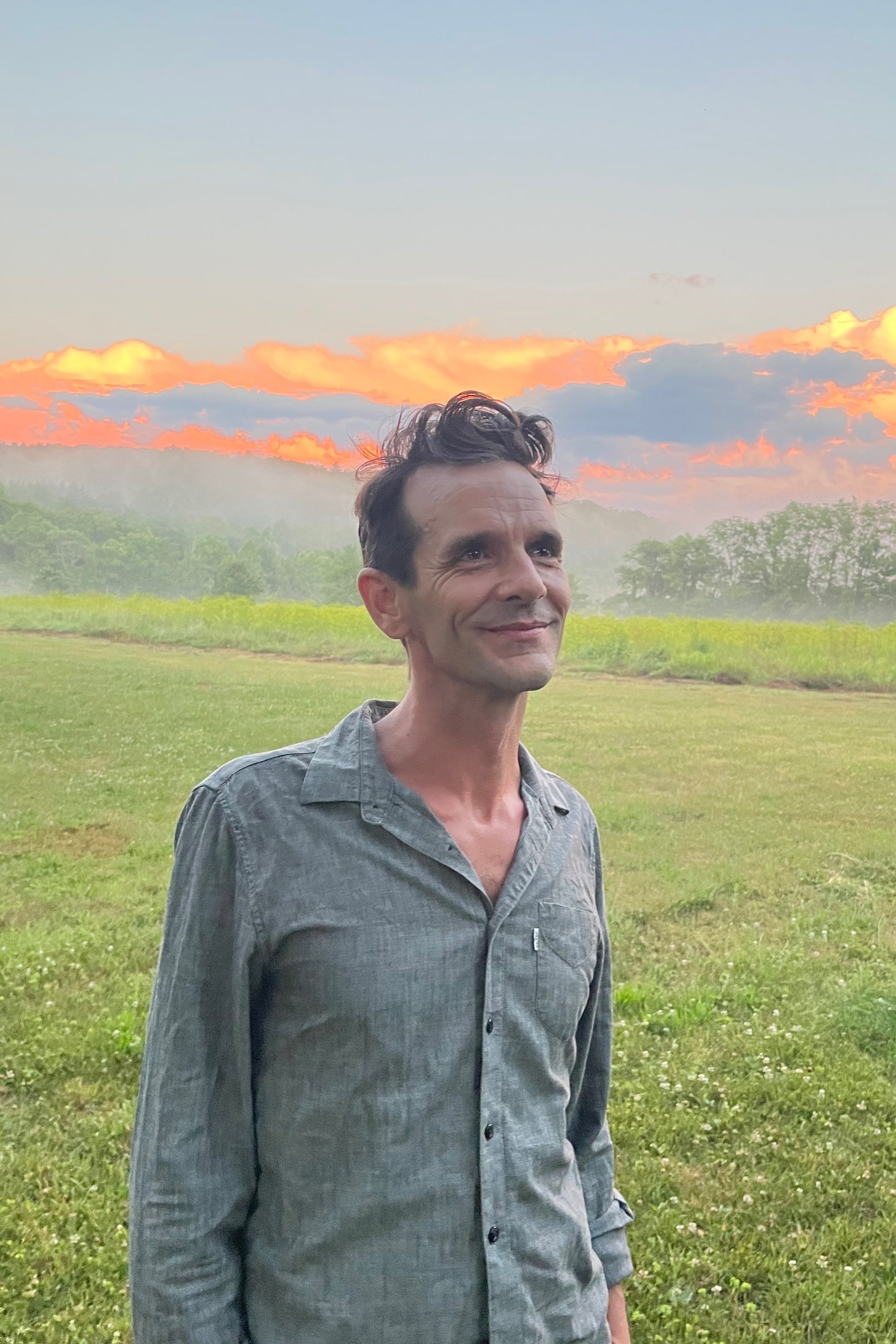Spur Wander is dedicated to fostering the natural wildlife tracker. Just as species preservation is paramount to our time and place in the world, the preservation and restoration of our own species' unique gifts is imperative.
Our wildlife tracking intensives and adventures connect humans to experience that deepens their sense of healthy relationship to the wild. We track, trail, and question the natural world with intense curiosity and engage the skills and awareness needed to stay on the trail. As with any intense focus, we often learn more about ourselves than the topic or animal that we pursue.
Daniel Hansche
A wildlife tracker & mentor with over 25 years of field experience, Daniel’s work in conservation & education has taken them to wolf dens, elk herds, rhino encounters, & lion trails. They are a Track & Sign Evaluator with Tracker Certification North America and certified in Eurasia & Africa. Daniel has intensively mentored well over 100 wildlife trackers and taught many hundreds through workshops & trainings. Brimming with creativity, their approach to mentoring is unlike any other. Everyone has unique gifts, needs, & styles. One of Daniel’s virtues is in learning, respecting, and serving each student’s needs while tending to a group’s cohesion. After decades in the US, Daniel moved to Germany and founded Spur Wander to further offer high-quality experience & trainings to wildlife trackers worldwide.
“Daniel was instrumental in launching my career as a tracker... their enthusiasm for tracking, teaching, and bringing others in touch with their environment is contagious, and before I knew it - I was learning more and more -not only tracking, but also the natural history of the area. A year long course mentored by Daniel formed the foundation for everything I have gone on to learn since. I couldn’t recommend Daniel more highly as an engaged, approachable, and concerned instructor who goes out of their way to be sure they are bringing each and every student along to their fullest potential, without making them feel pushed.”

